- Home/
- Funding/
- Outbreak and Crisis Response Appeal/
- Impact in 2022

Impact in 2022
Our emergency support in 2022
In December 2022, the World Health Organisation was responding to 53 health emergencies, including 13 grade 3, reaching millions of people. Some of our work includes preventing deadly Ebola from spreading beyond Uganda, vaccinating children in Pakistan against waterborne disease following deadly floods, and supporting maternal and new-born health in Ukraine.
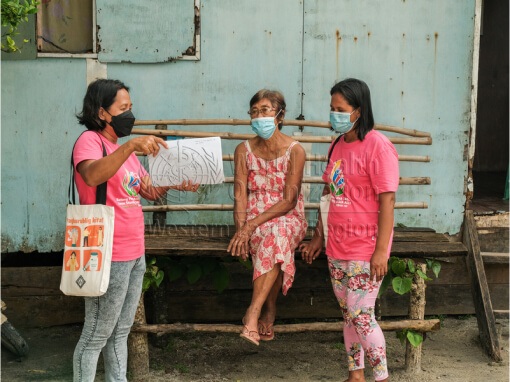
Impact in 2022: Philippines
Working with local health care workers, civil society and local government units, WHO has been tackling misinformation amongst the 3,000 inhabitants on the remote island of Manicani in the Philippines to help prevent the spread of COVID-19.
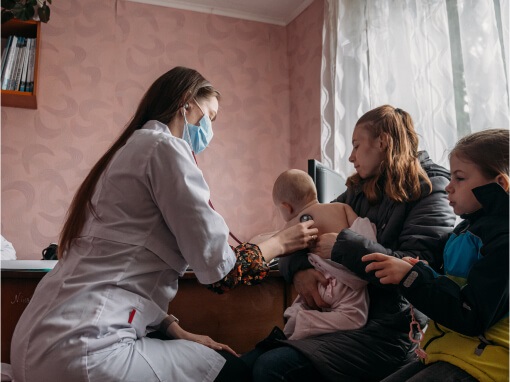
Impact in 2022: Ukraine
WHO-supported emergency medical teams are working in newly regained areas in Ukraine due to severe disruptions to health services caused by attacks during the Russian Federation’s invasion.
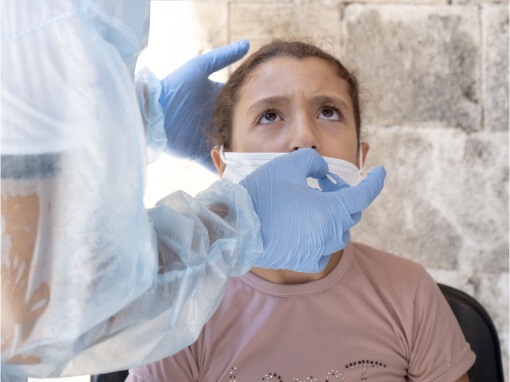
Impact in 2022: Lebanon
WHO and its partners intensified their efforts to curb the spread of a recent cholera outbreak in Lebanon, which led to 652 confirmed cases and 22 deaths in just two months – threatening to become endemic right when there was a global shortage of cholera vaccines.
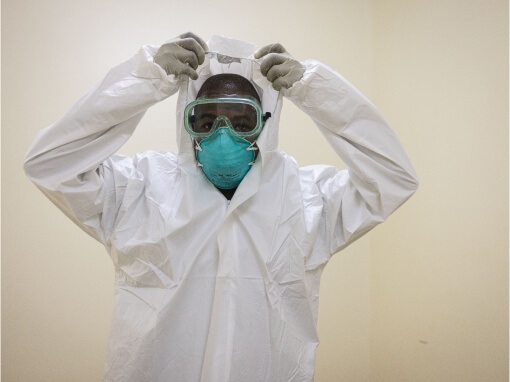
Impact in 2022: Uganda
WHO is closely supporting the Government-led response to the Ebola disease outbreak, which was declared in Uganda on the 20th September 2022. WHO’s rapid response teams (RRTs) are heading up the response by providing advice, supplies and specialists to reduce deaths.
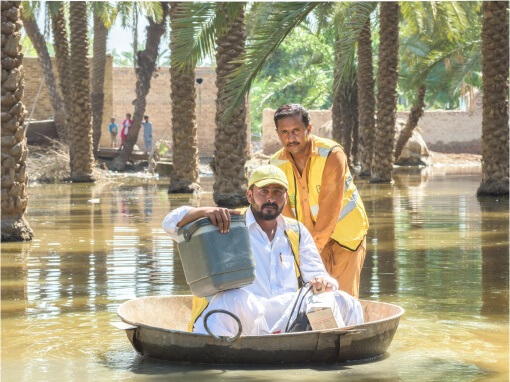
Impact in 2022: Pakistan
The devastating floods in Pakistan and their aftermath severely disrupted the delivery of health services, with 10% of the country’s health facilities either damaged or destroyed and more than eight million people in urgent need of health assistance. WHO has been on the ground responding to this crisis, where the risk of disease outbreaks and malnutrition is extremely high, focusing on scaling up providing health care, disease surveillance and outbreak control.
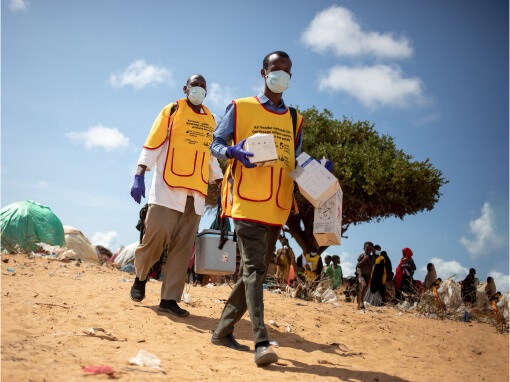
Impact in 2022: Greater Horn of Africa
The Greater Horn of Africa is experiencing the worst food insecurity seen in decades. More than 37 million people are estimated to be in Integrated Food Security Phase Classification (IPC)1 phase 3 or above and approximately seven million children under the age of five are acutely malnourished in the region. WHO is coordinating with partners to ramp up its response to avert the worst effects and give people access to the health services they need in Djibouti, Ethiopia, Kenya, Somalia, South Sudan, Sudan and Uganda.
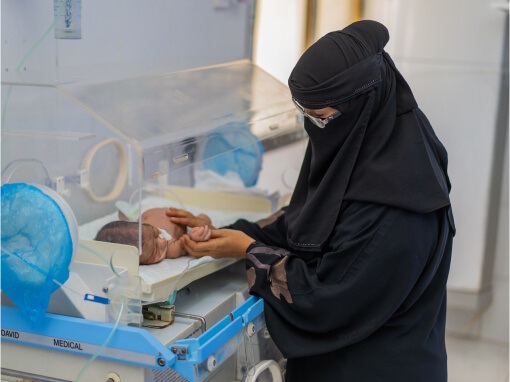
Impact in 2022: Yemen
Yemen continues to be one of the world’s most challenging places to deliver much-needed health care and supplies. The COVID-19 pandemic further strained Yemen’s limited supply of medical oxygen, putting the country’s neediest patients at risk. WHO worked with its partner, the Islamic Development Bank, to help build oxygen stations at hospitals and clinics throughout Yemen, supporting the country’s National COVID-19 Preparedness and Response Plan.
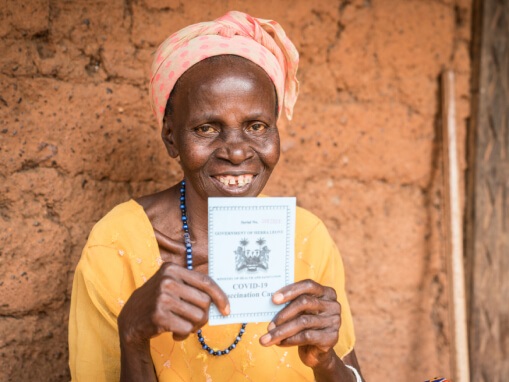
Impact in 2022: Covid-19 Vaccines
The advent of safe and effective vaccines was a pivotal development in the fight against COVID-19. In 2021, 92 low- and middle-income countries covered by the advanced market commitment (AMC92) had limited access to COVID-19 vaccines due to supply constraints, creating a vaccine gap. Unless closed, the gap posed a number of threats – including prolonging disease transmission, and the risk of severe illness, hospitalization, and the emergence of new variants.
